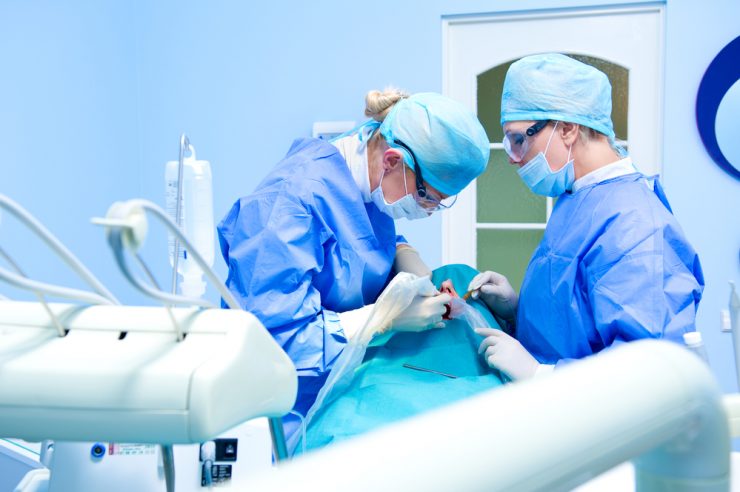Prolapsed disc, commonly referred to as slipped disc occurs mostly in women. It is very common in people who come under the age group of 30 to 50 years. The discs are present between the bones and spines and they are protective in function. They act as shock absorbers and cushion our jump, fall, and other physical activities. When this disc is damaged, tremendous amount of pressure is applied on the spinal cord as well as individual nerves. As a result any part of the body can be under pain.
A ruptured or damaged disc results in gel inside to protrude outwards resulting in slipped disc.
Any disc can rupture that includes upper back, lower back and neck.
Symptoms
Most people experience pain in the back, especially the lower back. The pain can also spread to other parts of the body.
Pain in lower back: the most commonly affected nerve is the sciatic nerve. The pain is due to application of pressure by the disc on the sciatic nerve. The nerve along with its many smaller nerves goes through the lower back and hence the pain in the lower back.
The pressure of the discs on other nerves can lead to muscle paralysis and loss of bladder control.
The pain increases whenever there are sudden movements such as coughing, sneezing, bending and sitting. Paralysis mainly occurs in legs and arms.
The more serious condition is when the nerves at the bottom of spinal cord are compressed. This condition is called cauda equina syndrome. Symptoms are lower back pain, paralysis, pain in thighs and pain in rectum.
Causes
As age advances the water content in disc decreases and as a result the discs lose their flexibility and rupture.
Doing certain things and doing things in an improper way can lead to increased pressure on disc ultimately resulting in slipped discs. One should avoid lifting heavy objects, bending awkwardly, accidents and driving for long period of time.
Diagnosis
Initially the physician checks for mobility, reflexes and sensations of the affected person. Magnetic resonance imaging scan and CT scans are done subsequently if required.
Treatment
Some common medicines prescribed for slipped discs are:
Pain killers such as paracetomol which helps relieve pain. Non steroidal anti inflammatory drugs help relieve pain as well as help reduce inflammation.
Codeine is another medication commonly used and is given in combination of paracetomol. There are side effects associated with this medicine
Surgery is done only in extreme cases. In surgery a part of the disc is cut off. Further treatment and rest is required after surgery.
Physiotherapy is also prescribed in many cases which help relieve pain. Physiotherapy is specifically designed for each individual.
Gentle exercises can help relieve pain.
Prevention
Slipped discs can be prevented by regular exercises that can be very useful in avoiding slip discs. But it is important to warm up and cool down every time, having a correct posture while walking and sitting, using good mattresses and maintaining proper body weight.












